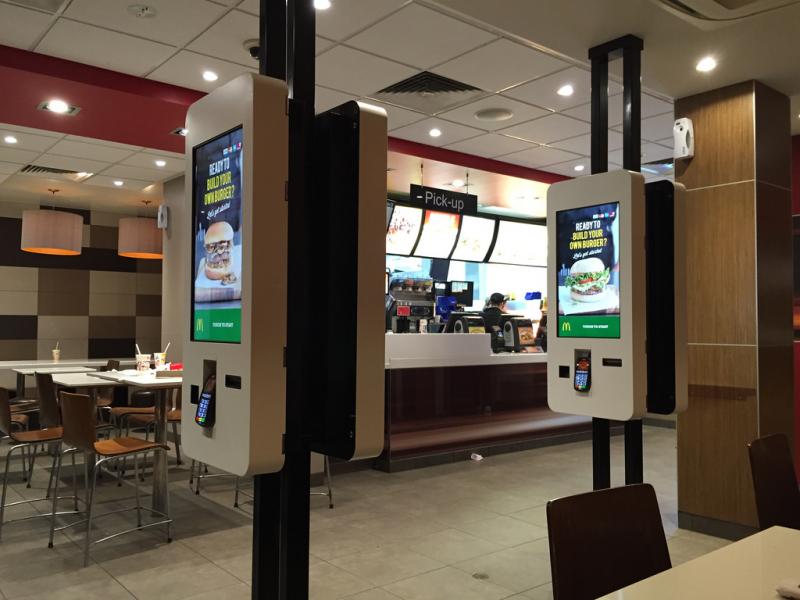
On Tuesday, notable ballot measures passed in Arkansas and Missouri that mandate increases in each state’s minimum wage.
Arkansas Issue 5 will increase the state minimum wage to $11.00-per-hour by 2021. The measure passed with 68% of the vote.
Missouri’s Proposition B increases the minimum wage to $12-per-hour by 2023. It received 62% support.
Clearly voters continue to think minimum wage increases sound nice. They should not.
The negative consequences may be slow cooking, but they are apparent, while the labor movement’s support for these efforts is not about the well-being of the workers they say they aim to help.
Missouri and Arkansas voters are just the latest to fall for these policies.
The pioneer city in the recent fights for higher minimum wage mandates, Seattle, continues to offer warning signs. A University of Washington study found that as the minimum wage increased, low-wage workers received a wage increase on average. However, their hours declined, and their likelihood of remaining employed declined.
Some businesses have also reacted by hiring more experienced workers. If they have to pay a higher cost, why not get the experience they’re paying for? This risks removing entry-level opportunities for low-skill workers.
Voters may not realize it, but they are making it illegal for a teenager to get a part-time starter job.
Automation has also exploded in popularity, fueled by radical minimum wage hikes. FoodNewsFeed.com writes:
“The affordability of the technology and rising labor costs are undoubtedly contributing to the trend, too. In 2015, 14 cities and states approved $15 minimum wages—double the current federal minimum. According to U.S. Census Bureau data analyzed by Fortune magazine, 17 percent of Americans will live in a state or metro area with a $15 minimum wage in less than five years.”
Voters think they are getting a “living wage” for Joe, instead they’re boosting C-3PO.
And don’t forget taxpayers. New York State’s 2016 move to increase the minimum wage (going to $15 downstate, and $12.50 upstate) is estimated to cost the state $838 million in added Medicaid costs in 2020.
Big labor continues to offer big support for these proposals, but they are only looking out for themselves.
The AFL-CIO says it’s about social and economic justice. However, their New York State President let the truth slip at a rally with Hillary Clinton and Andrew Cuomo when he said, “brothers and sisters, those of you who are making 16, and 17 and 18 dollars an hour, the next time your union goes in to negotiate, they’re gonna ask for 19 and 20 and 21 dollars, and up! That’s what this is about.”
The movement pushing these radical wage increases is going as fast as it can, now Louisiana’s Governor is talking up Missouri and Arkansas wage hikes as reason for his state to do the same.
Before it’s too late, the reality that aggressive minimum wage hikes hurt the workers they’re supposed to help must be made clear to voters.

